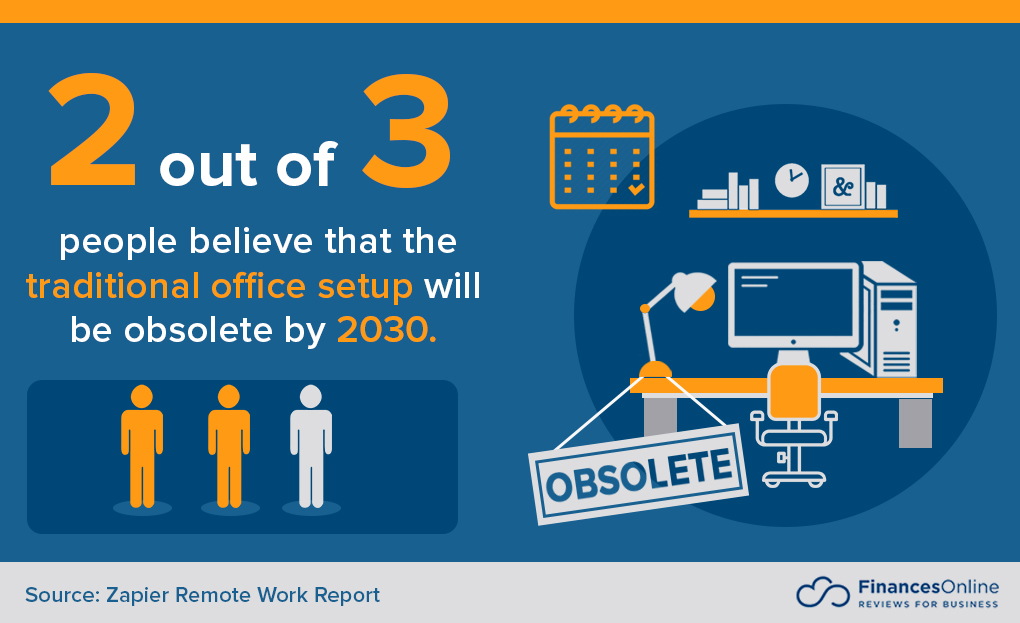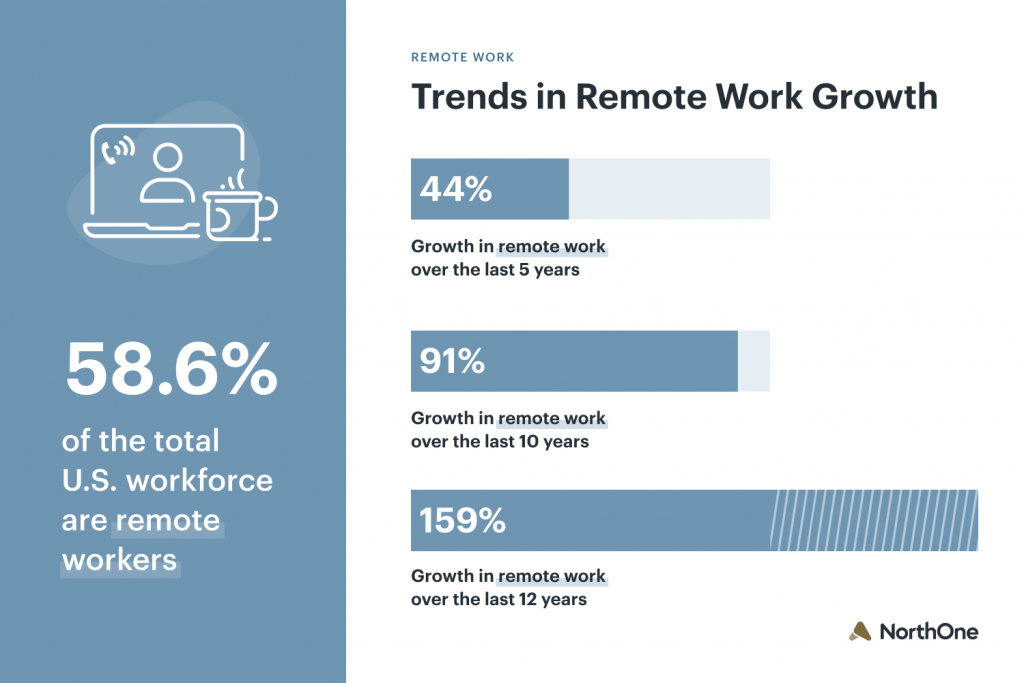Unlock Telecommuting Advantages in the Digital Age
Welcome to the world of telecommuting, where you can be in bed at 8:55 and work by 9:00.
Where you can have your morning coffee in your pajamas and still get the job done!
Say goodbye to rush hour traffic and hello to a more relaxed, flexible lifestyle.
With the rise of technology and the digital age, telecommuting has become more accessible and mainstream.
In this blog, we’ll answer all your questions about this modern way of working.
From what it is to the various types to the exciting opportunities available to the factors you should consider when applying for such jobs, we’ve got you covered.
Let’s get started…

Exploring Telecommuting Definition and Different Forms
What is telecommuting? Well, it refers to the practice of working from a location outside of the office, typically from one’s home, using communication technologies.
This arrangement allows employees to perform their job duties without having to commute to a physical office.
Your office can be everywhere.
The goal of telecommuting is to offer flexibility and improved work-life balance for employees, as well as cost savings and increased productivity for employers.
Main Types of Telecommuting
- Full-time remote work: This type involves working 100% from a remote location, typically the employee’s home.
- Hybrid telecommuting: A hybrid model combines elements of different types of telecommuting, such as working from home a few days a week and working from the office on other days.
- Temporary telecommuting: It refers to a temporary arrangement for a specific period of time, such as during a pandemic or during a period of inclement weather.
Can All Jobs Be Done Remotely?
Well, the pandemic proved to us that it all depends on the industry, the company, the responsibilities of the employee, and the technology the company possesses.
But with the rise of technology and digital tools, many jobs that were once considered impossible to do remotely are now easily adaptable to a telecommuting model.
Doctors, for example (even though they can never work fully remotely, but that’s why we mentioned some types of telecommuting.)
However, from software developers to marketers, writers to customer service representatives, the list of jobs is growing by the minute!
And if you’re more of a people person, telecommuting has got you covered too.
Therapists, coaches, and consultants can now provide their services online.
So whether you’re a tech wizard, a creative mastermind, or just a regular person looking for a nice work-life balance, this work model CAN work for you.

Questions to Ask Yourself When Applying for Telecommuting Opportunities
- How is the company’s telecommuting policy structured?
- What are the expectations for telecommuters in terms of work hours and availability?
- How is work evaluated and measured?
- What is the company’s policy on home office expenses and reimbursement? (Only 21% of companies pay their employees’ home internet bills.)
- What support and resources are available to telecommuters, such as access to office equipment, IT support, and training?
- How does the company handle emergency situations, such as power outages or internet failures?
- What is the company’s approach to communication and collaboration with remote employees?
- How does the company support professional development and career growth for telecommuters?
- Does the employer allow 100% telecommuting or only partial?
- Will the company allow you to work outside of the state or country?
- What supplies will the company provide?
- What tools do you need to communicate with the rest of the company?
- If telecommuting, it is crucial to maintain the discipline and motivation needed to work out of the office.
Bottom Line
To conclude…the world of telecommuting is vast and exciting, with endless opportunities for those ready to take the leap.
Whether you’re a seasoned telecommuter or just starting to explore the possibilities, the key is to do your research, weigh the pros and cons, and find a company and telecommuting arrangement that works best for YOU.
Remember, it may not be for everyone, but for those who thrive in a flexible and remote work environment, it can lead to a happier, healthier, and more productive work life.
So don’t be afraid to ask the tough questions, and get ready to join the telecommuting revolution!





